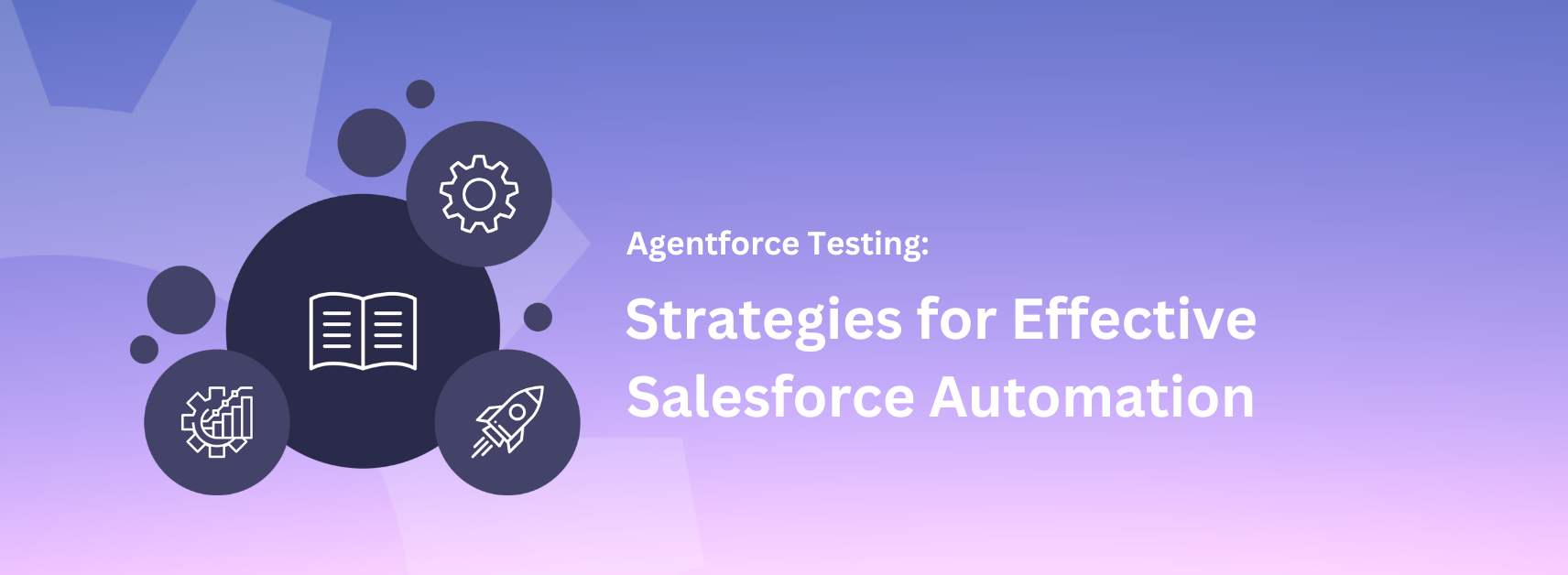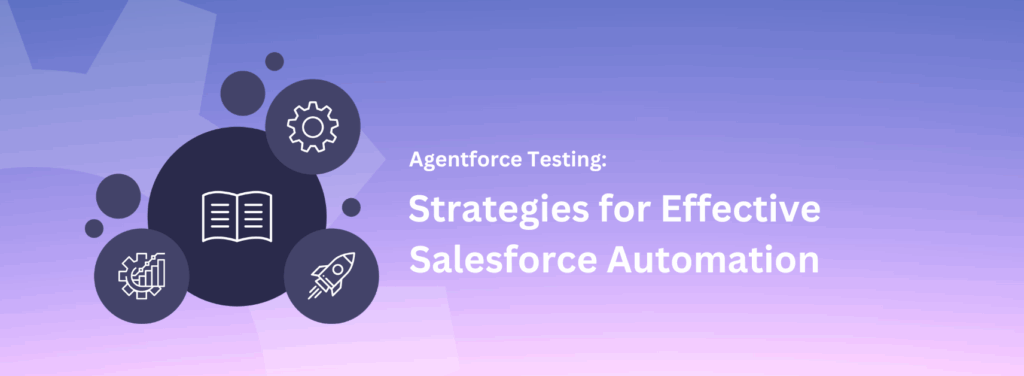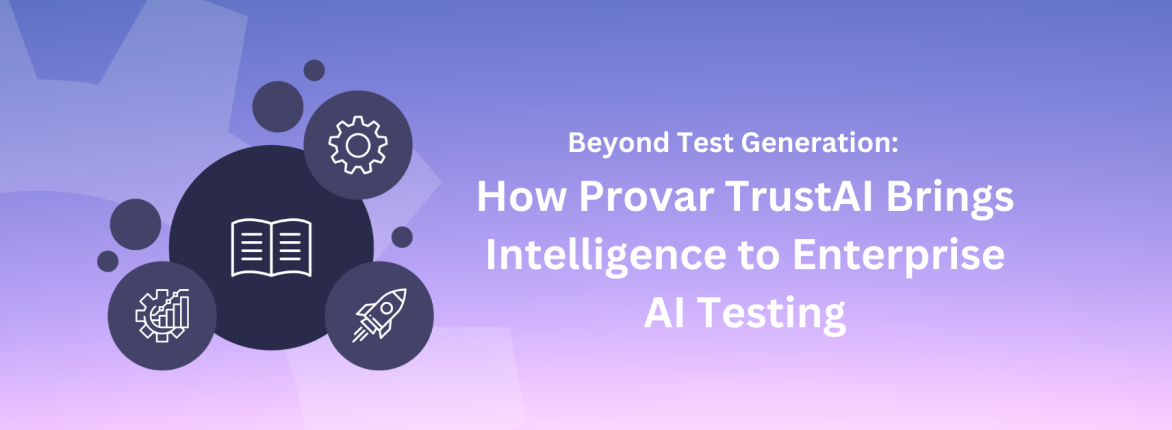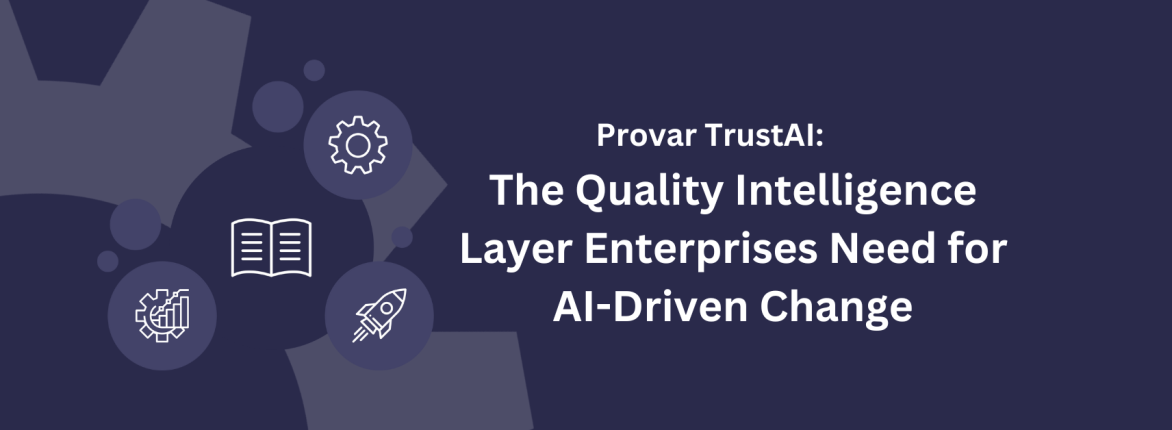Agentforce, Salesforce’s powerful, purpose-built interface for contact center agents, is designed to streamline service workflows, simplify the user experience, and improve productivity across support teams. But as any Salesforce admin or QA team lead knows. Agentforce testing isn’t as straightforward as we’d like.
Agentforce’s dynamic UI components, frequent updates, and tight integration with custom workflows present unique challenges. Fortunately, with the right solutions and strategies, these challenges can be turned into advantages — helping teams deliver more reliable and resilient releases confidently and quickly.
Today, we’re talking about how to approach Agentforce automated testing with certainty, and how Provar makes the process scalable, accurate, and efficient. Keep reading!
The Unique Challenges of Agentforce Testing
Unlike traditional Salesforce environments, Agentforce is highly task-oriented. Agentforce is optimized for fast, high-volume interactions, which means complex data flows, component switching, and a heavy reliance on dynamic behavior. Some of the biggest challenges when testing Agentforce include:
- Multi-System Workflows: Agentforce spaces Salesforce, ERPs, APIs, and data warehouses. Testing needs to validate data consistency, integration points, and end-to-end functionality across platforms.
- AI Variability: Agentforce’s AI agents adapt in real time. Tests must simulate diverse scenarios, account for non-deterministic outcomes, and track changes in behavior over time.
- Scale & Speed: Frequent updates and high-volume usage demand large-scale, automated test coverage that integrates with CI/CD and delivers rapid feedback.
- Security & Compliance: Workflows often involve sensitive data. Tests must validate secure access, ensure privacy compliance, and confirm regulatory alignment.
- Rapidly Changing Requirements: As business needs evolve, testing must keep up — supporting new workflows, adjusting to system changes, and maintaining backward compatibility.
Traditional script-based tools often struggle to keep up. Manual testing becomes slow and inconsistent, and manual testers quickly fall behind. Most off-the-shelf Salesforce testing tools aren’t built to handle the real-world complexity of Agentforce environments. And Agentforce Testing Center, which primarily focuses on isolated utterances, is limited in its ability to assess real-world user scenarios.
Why Purpose-Built Test Automation Matters
To test Agentforce effectively, teams need a testing solution that works with a deep understanding of Salesforce. Provar’s native Salesforce integration means it interacts with the platform’s metadata, object relationships, and dynamic behaviors directly, not just through the UI.
For Agentforce specifically, Provar provides:
- Persona-Based Testing to ensure AI agents function correctly for different user roles within Salesforce.
- Multi-Channel Testing to test AI agent interactions across various communication channels.
- Multi-Step Testing empowers teams to simulate complete AI-driven workflows rather than isolated responses.
- Prompt Variation Testing helps teams evaluate AI agent accuracy across diverse user inputs.
- Response Evaluation to assess AI-generated responses for quality and relevance — including newly added capabilities to test for intent accuracy.
- Conversation Evaluation to test AI agent behavior across full conversational interactions.
Provar is built to test Agentforce the way it’s actually used — with precision, speed, and full context.
Strategies for Effective Agentforce Automated Testing
Smart Salesforce automated testing starts with smart and strategic planning. The following strategies can help teams automate Agentforce effectively and avoid common challenges.
Start with Process Mapping:
Before diving into the test-building process, teams should map out key Agentforce workflows by role and scenario. Evaluate what actions an agent takes, what data is involved, and what systems are used. Taking time for process mapping builds a solid, business-aligned foundation for an organization’s Agentforce testing.
Automate Critical Flows First:
QA teams should prioritize high-traffic use cases like case creation, transfers, knowledge searches, and customer communication logging. Automating cases like these first ensures big impact and measurable ROI.
Use Data-Driven Testing:
Agentforce actions often rely on contextual inputs. Teams should use solid data sets to validate edge cases, user roles, and integrations under different scenarios.
Leverage Provar’s Metadata Awareness:
Instead of scrambling for DOM elements, teams can employ Provar to build tests using Salesforce object models. With Provar, teams can build more resilient, reliable tests that won’t break with UI shifts or Salesforce updates.
Don’t Stop at the Salesforce Boundary:
Agentforce rarely works in isolation — and neither should your tests. Provar empowers teams to extend automation beyond Salesforce, supporting testing across any web application, API, database, or email system involved in your workflows.
Achieve Reliable Agentforce Automation with Provar
Agentforce test automation doesn’t have to be complicated — but it does require the right approach. With Provar’s Salesforce-native testing tools, teams can make their testing strategy faster, smarter, and built to handle real-world complexity.
Agentforce plays a critical role in customer service operations, and when it fails, the impact on customer satisfaction, agent efficiency, and brand trust is immediate. Comprehensive, end-to-end testing for Agentforce is essential to validate functionality, prevent errors, and ensure every interaction performs as expected.
With more complete test coverage, organizations can deploy Agentforce with greater confidence, knowing that agents, workflows, and integrated systems are working in sync. Provar delivers the stability, accuracy, and visibility teams need to scale test automation while reducing risk.
Explore how Provar supports Agentforce testing at provar.com, or reach out to schedule a demo!










